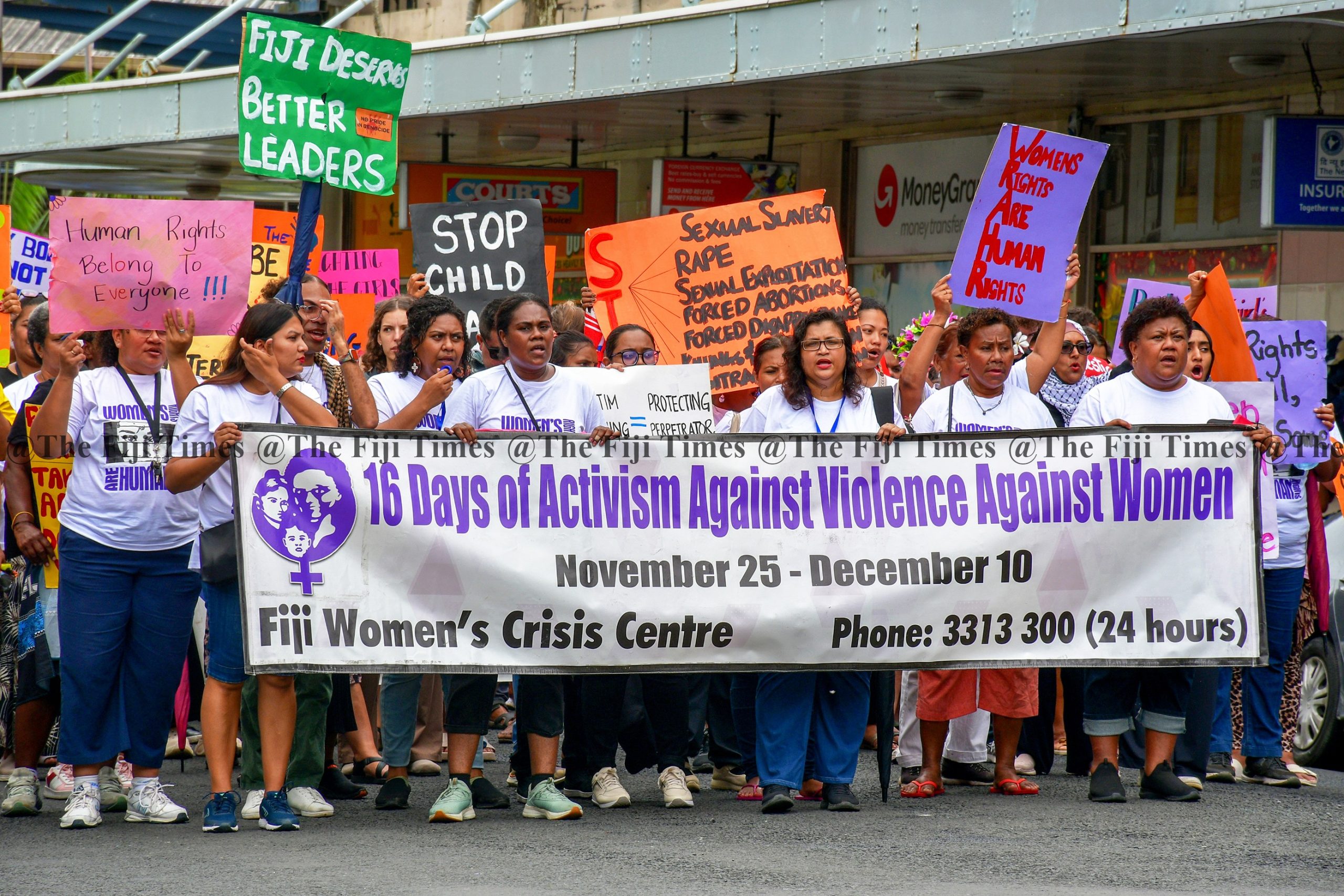LISTENING to the daily realities of violence against women has changed her in ways that are difficult to measure, says Fiji Women’s Crisis Centre coordinator Shamima Ali.
She said every story shared inside the centre carried weight because the experiences of survivors were also tied to the lives of the women who worked with them.
“Well, you know, when women talk to us about their lives, it is our lives also,” she said.
“You know, we all suffer from discrimination and so on.”
She said staff often recognised parts of their own histories in the women they counselled, and that connection made the work personal.
“Sometimes we are privileged enough to have been in a position where we have come out of it. So when women tell their story, stories, we do identify with it.”
But she said the hardest moments were when women chose to return to unsafe homes even after counselling and support.
“There are some stories that makes us feel quite despairing and quite helpless, not being able to do things for them, knowing that they are going back into that same situation that we are not able to help, or she is not willing to come out of it just now,” she said.
She said watching a survivor leave the centre stronger than when she arrived remained one of the most powerful reminders of why the work mattered.
“When she walks out our doors with her head held high and shoulders back and she is smiling, we make sure that she is going back in a better state of mind than when she came in,” she said.



